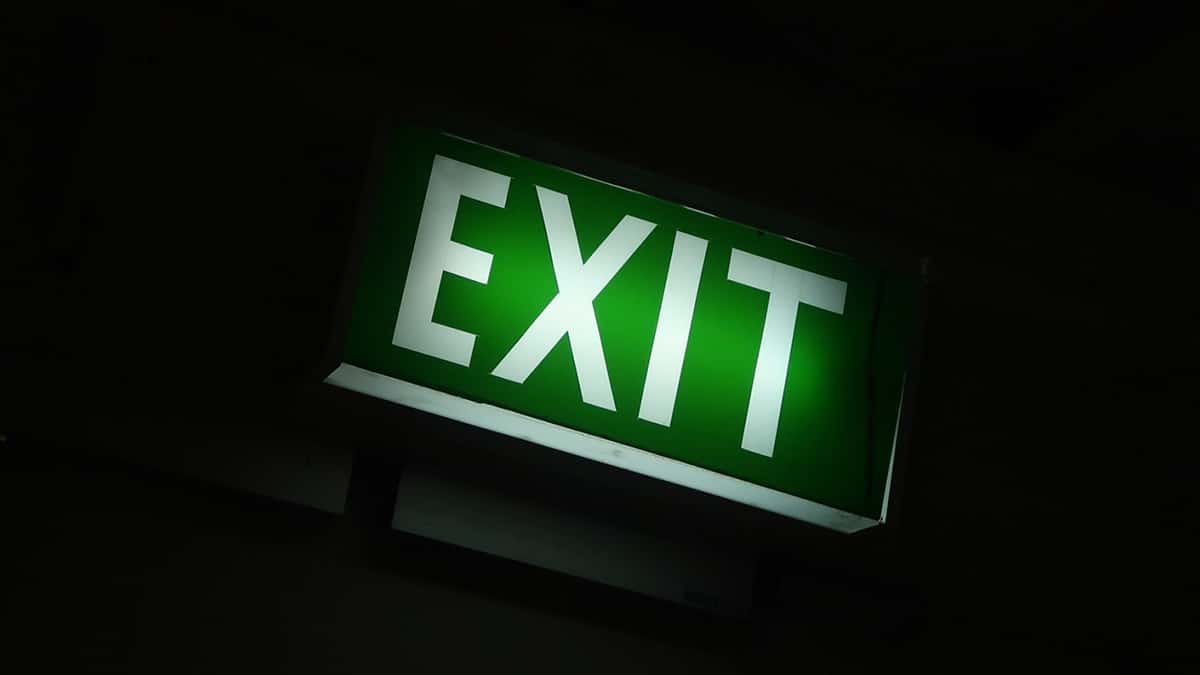In this guide
If you are a small business owner looking to use the capital built up in your business to help fund your retirement, you’re in luck. There are two capital gains tax (CGT) exemptions with the potential to boost your super when you sell your business assets.
These concessions generally apply to any active asset your business owns and sells at a profit, provided your annual turnover is below $2 million.
Using business sale proceeds to boost your super
As mentioned above, there are two CGT exemptions available to business owners who want to give their super a shot in the arm.
There is the small business 15-year exemption, which exempts the capital gain on the sale of a business asset you have owned for at least 15 years if you are aged 55 or over and are retiring or if you are permanently incapacitated (at any age). These sale proceeds can be contributed to your super and are generally a non-concessional contribution. To exclude the amount from your non-concessional contributions cap and have it count towards your CGT cap amount instead ($1,780,000 for 2024–25), you must notify your super fund.
If you are eligible for the 15-year exemption, you must choose to apply it and your entire capital gain will be tax free.
Then there’s the small business retirement exemption that can be applied if you are not eligible for the 15-year exemption.
For this exemption the business owner can disregard up to $500,000 of capital gains when they dispose of an active asset. There is no age limit on when you can take advantage of this exemption, but if you are under 55 you must contribute the amount into a super fund and you can only make contributions to super up to age 75.
Business owners can choose to disregard all or part of a capital gain under this exemption.
This article deals with the small business retirement exemption.
How does the small business retirement exemption work?
When you sell an active business asset and make a capital gain, a decision must be made as to what to do with that gain once any capital losses are also applied.
If you decide to use the small business retirement exemption and you are under age 55, you must make the contribution to a complying super fund, which includes self-managed superannuation funds (SMSFs) and retirement savings accounts (RSAs). Importantly, you don’t need to be retired or to have stopped work. What’s more, this contribution is not counted as a non-concessional contribution up to the superannuation CGT cap amount of $1,780,000 for 2024–25.
What are the eligibility requirements?
Several conditions must be met to be eligible for any small business CGT concessions or exemptions.
First, one of the following must be met:
- You must be a small business entity with annual aggregated turnover of $2 million or less
- You are not carrying on a business but your asset is used in a closely connected small business
- You are a partner in a partnership that is a small business entity and the asset is either an interest in a partnership asset or an asset that is used in the business of the partnership
- The CGT assets owned by you and certain entities cannot exceed $6 million just before the CGT event for which concessions are sought.
The asset must also be an active asset, which means it is used in the course of carrying on a business, or held for that purpose, or it is an intangible asset inherently connected with the business. The active asset test is met if the asset was active for at least 7.5 years during an ownership period of 15 years or more, or half the period owned if owned for 15 years or less. These minimum periods need not be continuous, provided the asset is active for the minimum amount of time in total.
In addition to the general small business CGT conditions, you also need to keep a written record of the capital gains amounts you chose to disregard to be eligible for the retirement exemption.
If capital proceeds from a CGT event are received in instalments and the person claiming the retirement exemption is under 55:
- An individual is required to make contributions to super upon receipt of each instalment (up to the CGT exempt amount)
- A company or trust must make a payment on behalf of at least one of its CGT concession stakeholders to super on receipt of each instalment, up to the CGT exempt amount and to the greatest extent possible in the initial instalments, instead of spreading payment evenly across all instalments. You could also be eligible for a retirement exemption if you inherit an asset and that asset is sold within two years. You would be eligible to the same extent that the deceased would have been before they died.
In the case of companies and trusts, you must:
- Be a significant individual, that is, own 20% or more of the company or trust
- Make a payment (based on each individual’s percentage of the exempt amount) to at least one of your CGT concession stakeholders
- Make a payment that is equal to the exempt amount or the amount of capital proceeds (whichever is less)
The requirement to make a payment to at least one CGT concession stakeholder can be met by making the payment directly, or indirectly, through one or more interposed entities to a CGT concession stakeholder.
Case studies
How do you go about claiming it?
To make an election for the small business retirement exemption you need to fill out the capital gains tax cap election form available online, with instructions from the ATO.
That signed and dated form must be given to your super fund with the contribution on or before it is made. It won’t be valid if you have already made the contribution.
If you have contributed to your SMSF, you then need to complete the relevant sections in your SMSF annual return. If you contributed to a non-SMSF, your super fund will take care of the reporting for you.
Get more guides like this with a free account
better super and retirement decisions.



Leave a Reply
You must be logged in to post a comment.